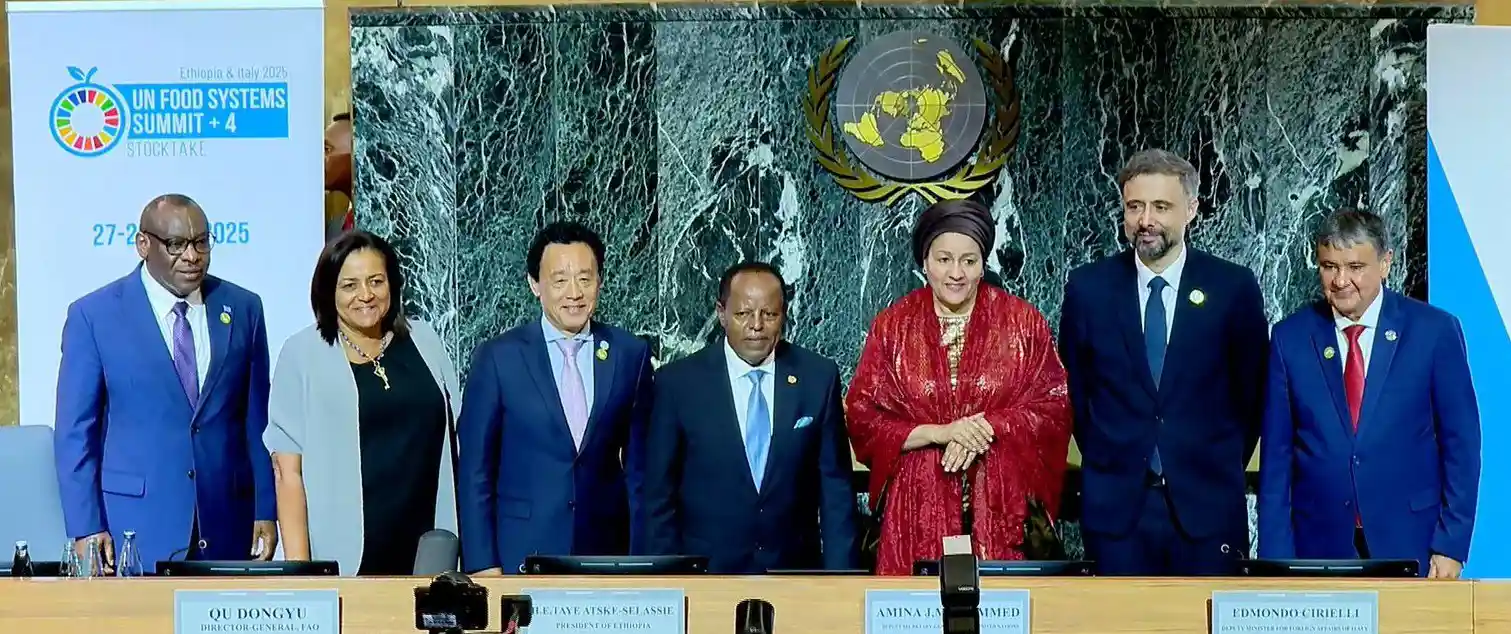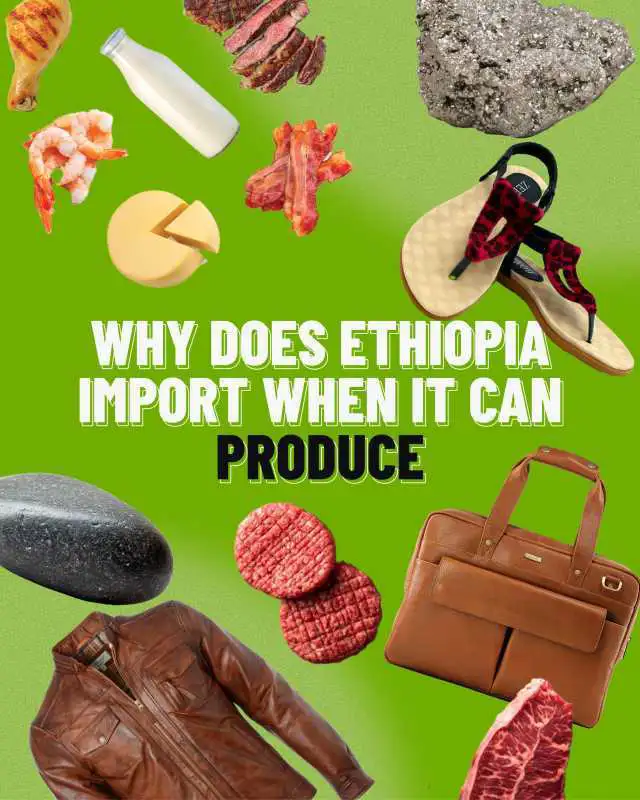As the UN Food Systems Summit continues in Addis Ababa, a stark warning about escalating food shortages and price hikes has been issued, alongside a collective call for stronger international cooperation. President Taye Atske Selassie underscored the urgent need for nations to collaborate to boost global food production and stabilize prices.
His remarks came during the unveiling of the 2025 Report on the State of Food Security and Nutrition in the World, which starkly highlights the detrimental impact of climate change and conflicts on global food supply and costs.
"The increasing food shortages and rising prices globally demand a collective solution from all countries," President Atske Selassie stated. He emphasized that these challenges disproportionately affect low-income citizens, making household food security an increasingly difficult goal to achieve.
Highlighting Ethiopia's proactive stance, the president noted the nation's various initiatives towards food self-sufficiency, including the successful "Ye Lemat Tirufat" (Bounty of the Basket) program, which has shown tangible results in improving household food security and mitigating food price inflation.1 Efforts are also underway through the Productive Safety Net Program to safeguard food security for vulnerable citizens.
President Atske Selassie's message was clear: ensuring a reliable global food supply, increasing productivity, and fostering peace require concerted international action.
Echoing these concerns, UN Deputy Secretary-General Amina Mohammed lamented that soaring food prices are preventing countless individuals worldwide from achieving food security. She reiterated that climate change and conflict remain significant drivers of negative impacts on global food supply and pricing. Ms. Mohammed also highlighted the heartbreaking reality of many children being forced out of school due to food shortages, stressing that preventing conflict globally is vital for food security and demands collective cooperation and practical measures.
Adding to the chorus of concern, World Health Organization Director-General Dr. Tedros Adhanom, in a message delivered via webcast, pointed out that natural disasters and conflicts have led to critical shortages in essential food supplies, making many citizens vulnerable to health issues due to disruptions in the food system. He urged world governments to strengthen their collaboration to counter the adverse effects of both man-made and natural disasters on food systems.
The discussions at the Addis Ababa summit underscore a growing global consensus that addressing food insecurity demands unified action, shared responsibility, and innovative solutions across borders.




